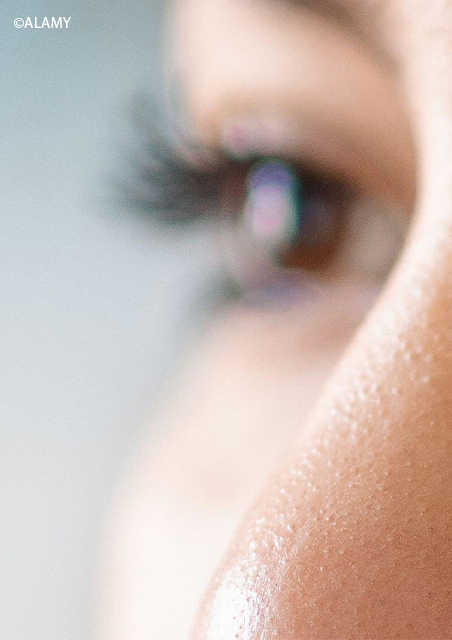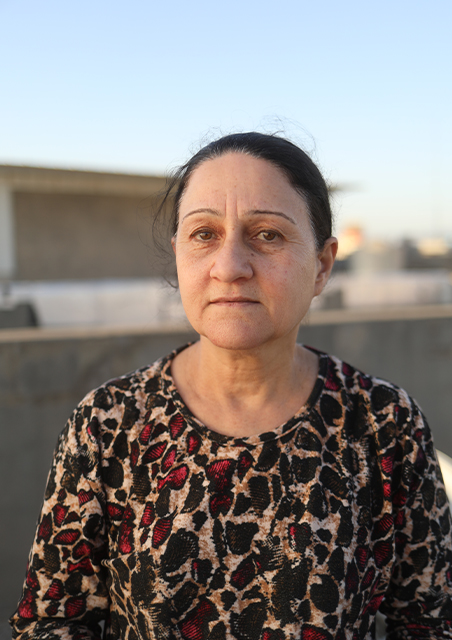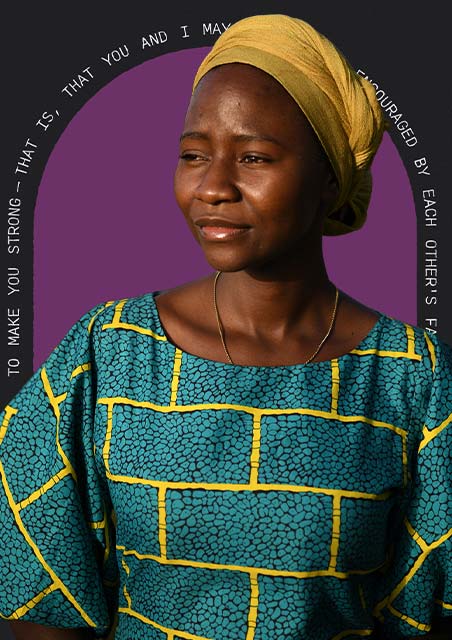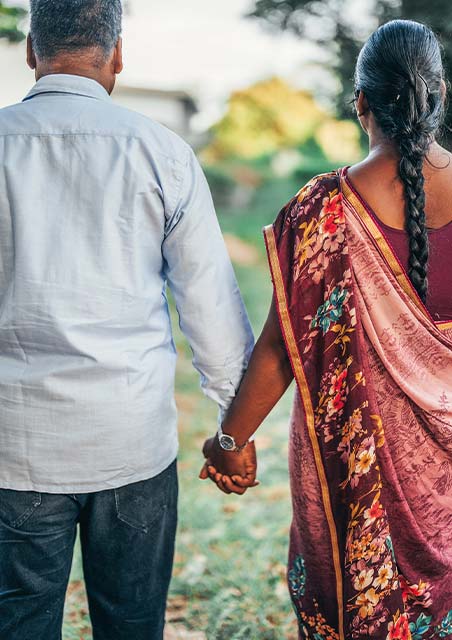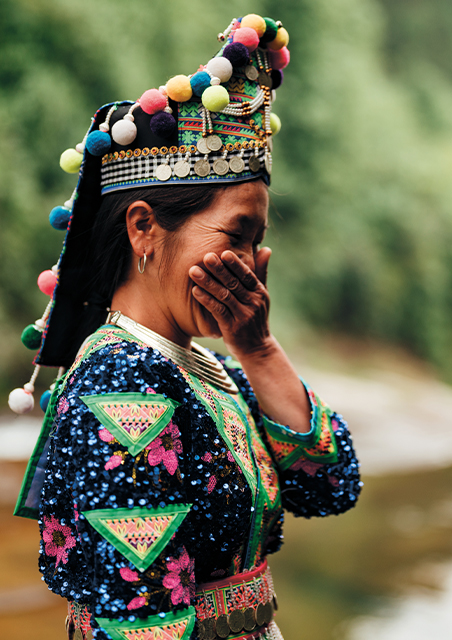What’s International Women’s Day like in North Korea?
North Korea, like the rest of the world, marks International Women’s Day on 8 March. That might come as a surprise. In this article, Timothy Cho, a North Korean Christian who escaped the country, explains how women are treated in the country – and how it is very different from the way state media portrays women’s lives.
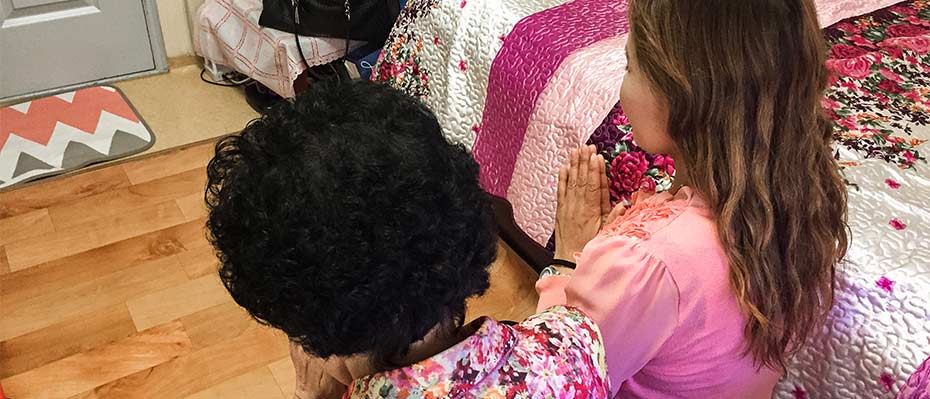
There is a North Korean song called ‘Women are Flowers’. The song goes:
“Women are flowers, The flowers of life.
It’s a flower that cares for the family.
Without you, dear wives and sisters,
One place in our life would be empty.
Women are flowers.”
But women in North Korea are not being treated like precious flowers, whatever the state may try to say.
International Women’s Day will be marked in North Korea on 8 March, and though it’s not a national holiday as it isn’t related to the Kim family, the state central media still use this day to promote the role of women, suggesting that women hold the same social status as men, live equally, and enjoy a happy life.
The reality is very different.
From my own experience living in North Korea, I saw a strong culture of male dominance. For example, there was a separate dining table for the men and for the women during my childhood visits to my grandparents on new year's holidays. Kim Jong-un’s sister, Kim Yo-jong, is often described as the second most powerful woman in North Korea by Western media, but even she is unlikely to ever hold the same power and status as her brother or another male leader in North Korea.
Women are also not shielded from violence. I have painful memories of seeing women and girls suffer in North Korea, including imprisonment and torture. Their screams for survival still echo in my ears.
Most North Korean refugees are women
Many women try to escape from North Korea, fleeing the food shortages and lack of basic human rights, as well as the discrimination they face as women.
Over 70 per cent of the North Koreans who manage to escape to China are women. I saw this during my own two escapes from North Korea; the first time there were 18 of us, including 11 women, while the second time there were nine of us, including eight women. These numbers are similar across the thousands of believers who’ve managed to escape the country.
One of the reasons why women so frequently escape is that, while men are expected to fulfil government-assigned jobs, married women are not. This allows women to take part in black market trading – the husband’s monthly salary is barely enough for one person’s food, so the women have to find other ways to help their families survive. There are more opportunities to make money if they escape to China, either by finding work or bringing goods back to Korea to sell.
Many women are trafficked
However, women and girls frequently become victims of trafficking as they try to escape to China, and are often sold into marriage to Chinese men, or forced into sex work. According to a report by the Korea Future Initiative, an estimated annual profit of $105 million is made through exploiting North Korean women and girls in this way. The group estimate that 60 per cent of female North Korean refugees are trafficked into the sex trade, including prostitution, forced marriage and cybersex.
These women have no protection in China, whether they are there working or have been trafficked. If discovered by the Chinese authorities, they will be arrested and sent back to North Korea. There they will be interrogated, and may be tortured, imprisoned, raped or even executed. If they are pregnant, they may be forced to have an abortion – the Korean authorities do not want the purity of their race to be ‘defiled’.
Women become carriers of Christ
Thankfully, this is not the fate of all North Korean women who escape North Korea. Your prayers and support enable Open Doors to run safe houses in China where those escaping from North Korea can have a safe place to stay, receive food and medical treatment, as well as hearing the gospel.
Open Doors also runs Bible study groups for women who have been trafficked into China and sold into marriage. Their lives are often hard, but what they learn in these groups gives them hope, and the women are able to support and encourage one another.
If North Korea claims women are flowers, but hundreds of thousands of women and girls are trafficked and imprisoned, they are clearly not flowers, but victims of this regime. It is also a long-overlooked issue of the international community – these victims are crying out for rescue, caught between the North Korean regime, China, and criminal organisations.
But in another way, many North Korean women are flowers – because they carry the fragrance of Jesus. It is more often women who are escaping North Korea, so it is more often women who are discovering the gospel and taking it back to their families, friends and neighbours in North Korea.
In faith, they hope and pray for a new North Korea, where everyone can sing hymns, read the Bible, pray and worship God freely. Please join them in praying that this day will come soon.
